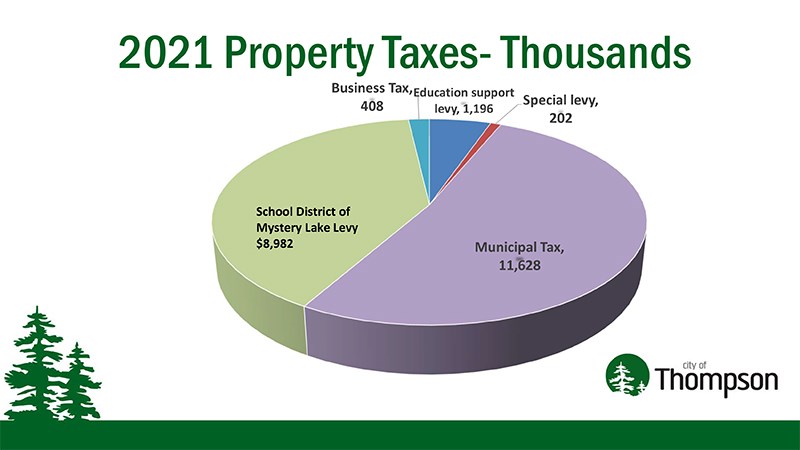The fact that city council passed the 2021 financial plan as is at their May 10 meeting despite several members of the public loudly voicing their objections both at that meeting and during the public presentation of the proposed budget April 29 shouldn’t really come as a surprise to anyone.
When the levy bylaw was voted on at first reading a few weeks ago, the vote split along the same lines it did for second and third reading and the way it did for the financial plan resolution on May 10.
Given that the budget had to be submitted to the province by May 15, it was going to take something major to stop the budget from passing, if anything could at all. In the end, as expected, nothing that could came up.
The fact that the budget passed is not an indication that it is a good budget, nor is the fact that there was significant opposition proof that it is bad. City council is a democracy and the only thing that being approved through a democratic process can prove is that the winning side had more votes and was more popular among a particular sample of people (in this case, councillors) than the other side’s argument. There are competing economic philosophies and visions of whether the government should exert influence to try to affect the direction conditions head or whether its job is to get out of the way by doing as little as possible and letting people keep as much of their money as possible. For some, taxation is likened to an act of violence. For others, it is the only way to correct the imbalances of a system that rewards those at the top of the heap far more richly than those at the bottom. It’s difficult to say whether something concerning the economy and government spending is objectively good or bad.
That being said, there is some credence to the argument that higher spending funded largely from sources other than increased property taxation could be a benefit to Thompson. On the other hand holding the line on taxes this year and leaving people with a little more money to spend on groceries or any other necessity or luxury might perhaps have provided a boost to struggling local businesses, provided people didn’t spend that extra cash online.
Whether the much larger budget will prove to be a boon to the city probably won’t be known until next year, at the earliest, but it doesn’t look like the process of getting there will make councillors on opposing sides of the vote will make their relationships any smoother as a result.
Three of the four who voted against the budget and the levy bylaw – deputy mayor Duncan Wong and councillors Earl Colbourne and Jeff Fountain – are often found unsuccessfully opposing the will of the majority of council. At least one of them has publicly mused before about not seeking another term on council. For Wong, however, being in the minority when it comes to financial resolutions and bylaws is not an unfamiliar position.
While apparently every member of council was inspired or encouraged by the late Stella Locker to enter city politics, according to testimonials they gave themselves near the end of the May 10 meeting, some perhaps haven’t taken her lesson that the fight is against a policy and not against a person. Calling into question another councillor’s state of mind at the time they voted for a resolution at a previous meeting is not only intruding on their privacy but also of questionable effectiveness. Did doing so reverse the vote that councillor cast at a meeting he had initially planned not to attend? No, it did not. Was his change of mind a result of the three councillors and mayor he voted along with pressuring him to participate to ensure they won a vote? Entirely possible. That isn’t a perfect world scenario, but this isn’t a perfect world and making sure you have the votes before the question is called is just good politics. At least if you want to get your way.
Does the fact that council passed a much higher budget this year mean it’s going to happen every year? Probably not. The likelihood is that the city will have less money from Vale in the form of a grant-in-lieu of taxes next year, and there probably won’t be COVID relief money or double gas tax funding from the federal government either. Maybe the five in favour of the budget decided to gamble that they would only have one chance for a big-spending budget to try and leverage infrastructure grants to get, as Coun. Andre Proulx said, more bang for their buck.
Will that gamble pay off? As Colbourne suggested during debate on the budget, that question probably won’t be answered until the municipal election next year when the residents who paid higher taxes this year get their chance to cast a ballot.




